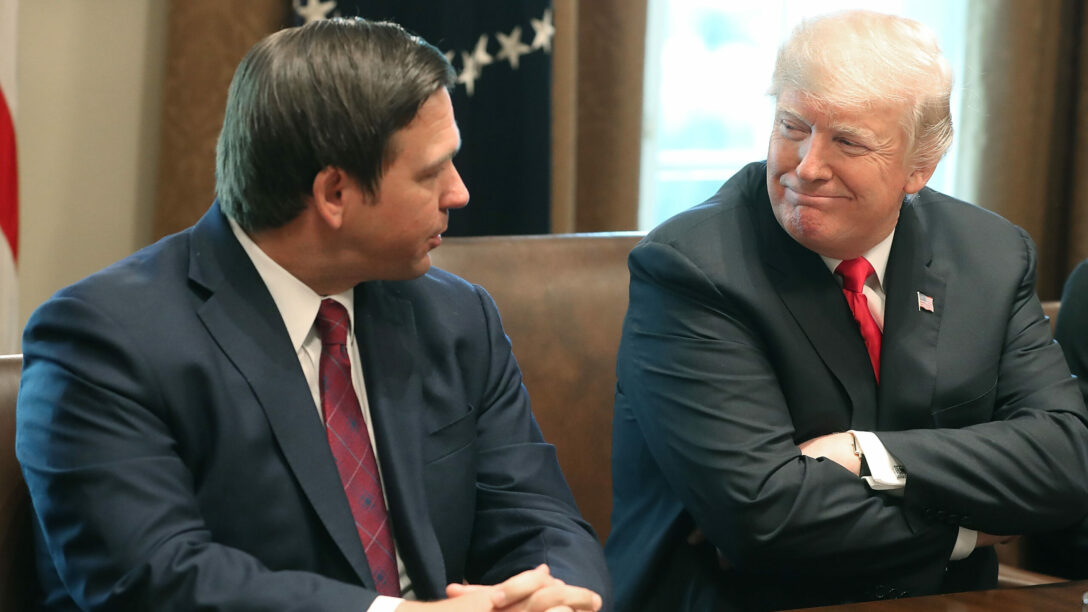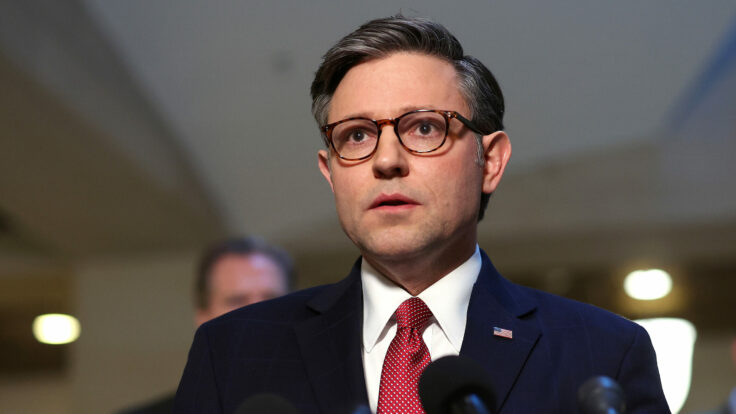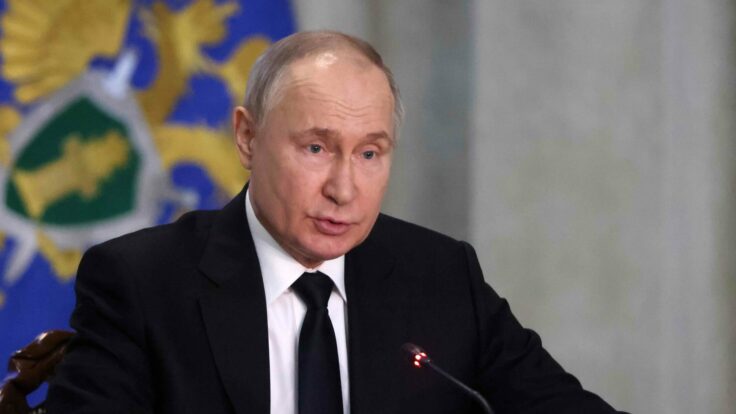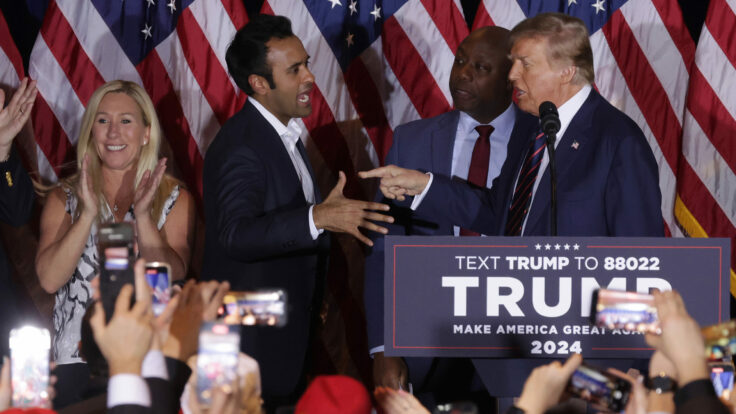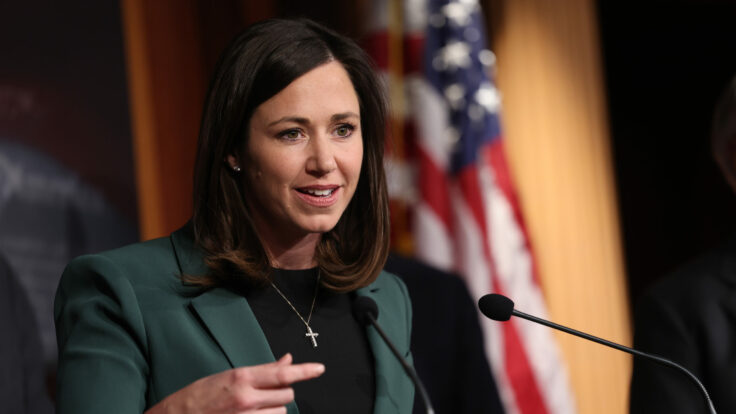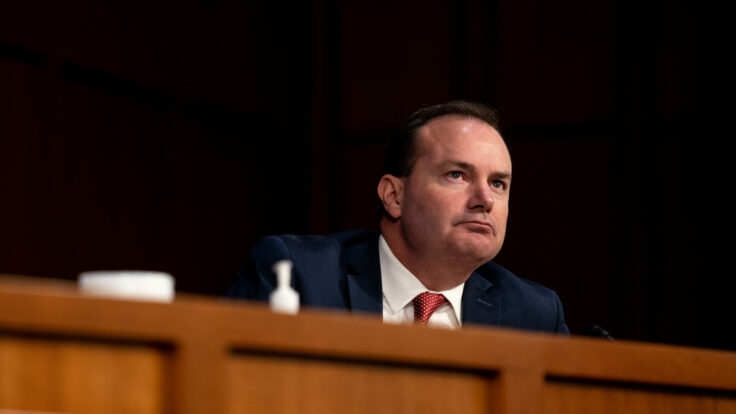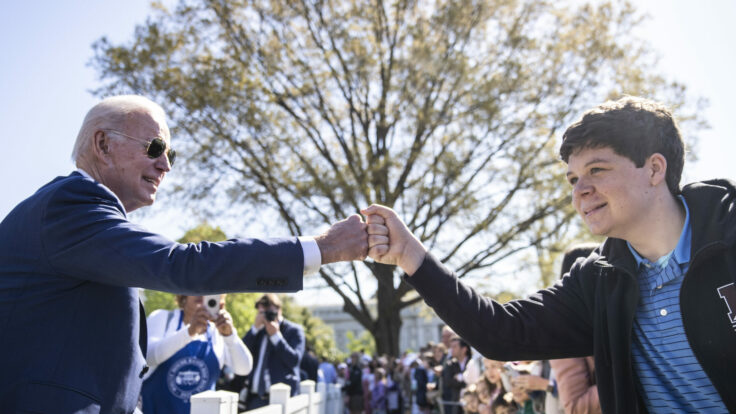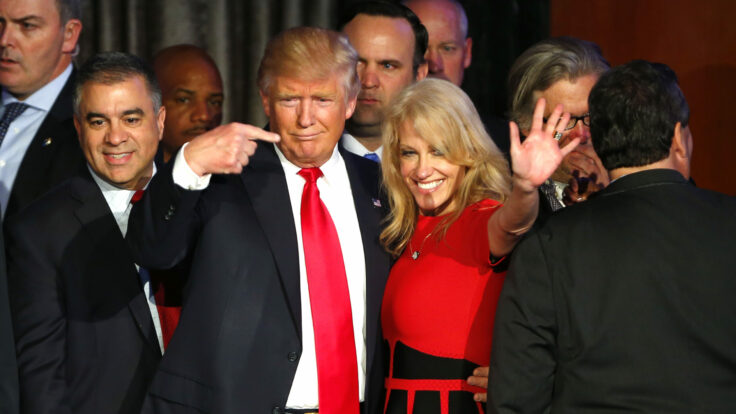It’s winter in Bedminster: Donald Trump’s golden endorsement was put to the test this primary season with a number of high profile races that came back with mixed results. With the election cycle halfway over, the line to kiss the ring has substantially shortened. And those who received Trump’s blessing in swing states have already started to distance themselves from him, like Dr. Mehmet Oz in Pennsylvania, who notably dropped Trump from his branding materials, or Herschel Walker in Georgia, who dissed Trump after winning the primary. Just months ago, ambitious Republicans were making pilgrimages to Mar-a-Lago to beg for his endorsements, hiring aides with connections to him and asking old rich guys, like Bob Kraft, to call in favors. Now, the sojourns to Bedminster are becoming more rare.
Trump is not only lonely, he’s in a slump. He’s absorbing hits almost daily via the January 6 committee, as his own closest aides have been questioning his judgment and sanity on the record. Even the former president’s greatest champions will quietly admit that it’s not a great look, especially since the party has done little to defend him. His own mode of defense, Truth Social, hasn’t taken off, either. At the same time, there has been a steady drumbeat of stories about how Ron DeSantis has become the new standard bearer: a fresher, less impulsive version of Trump, and with less insurrectionist baggage. DeSantis managed a net-neutral feature treatment in The New Yorker, and scored an early presidential endorsement from Trump’s hometown paper, The New York Post. (Also, I highly suggest reading my Puck partner Tina Nguyen’s excellent piece on the complex, airtight political relationship between DeSantis and his wife, Casey.)
